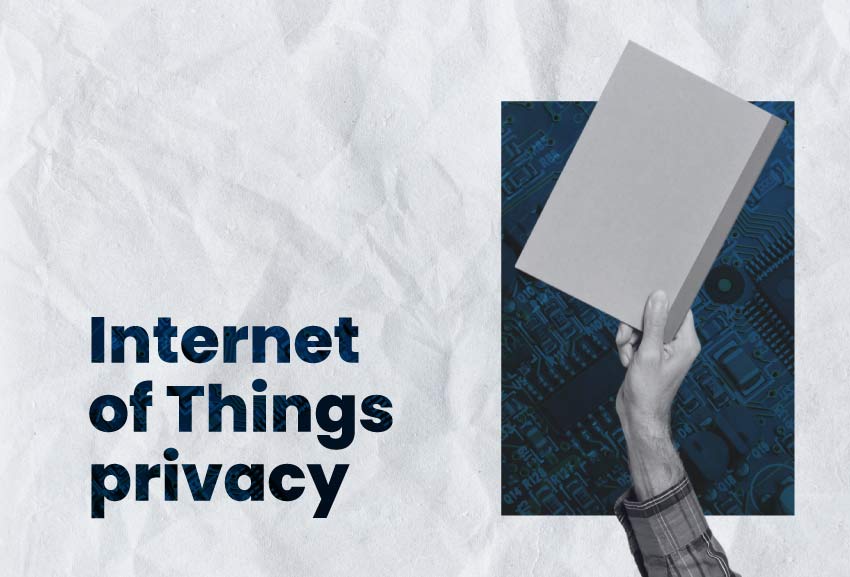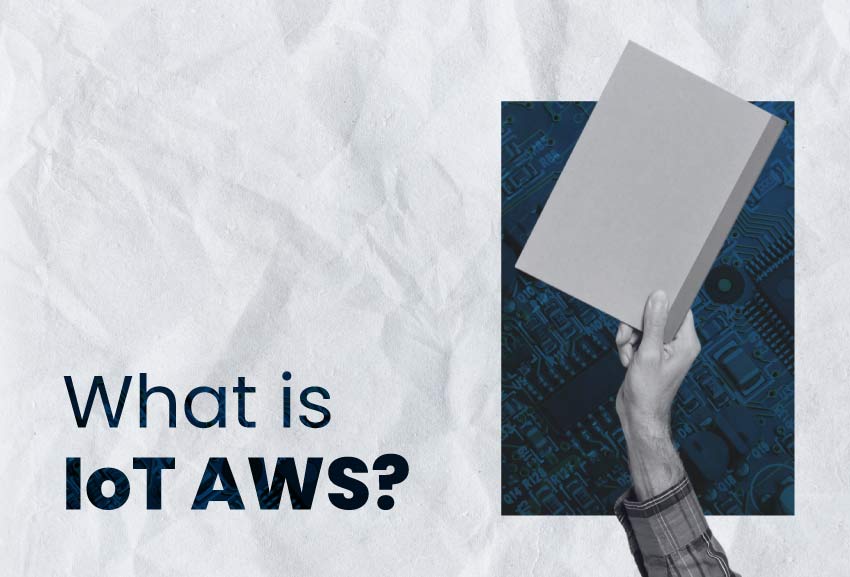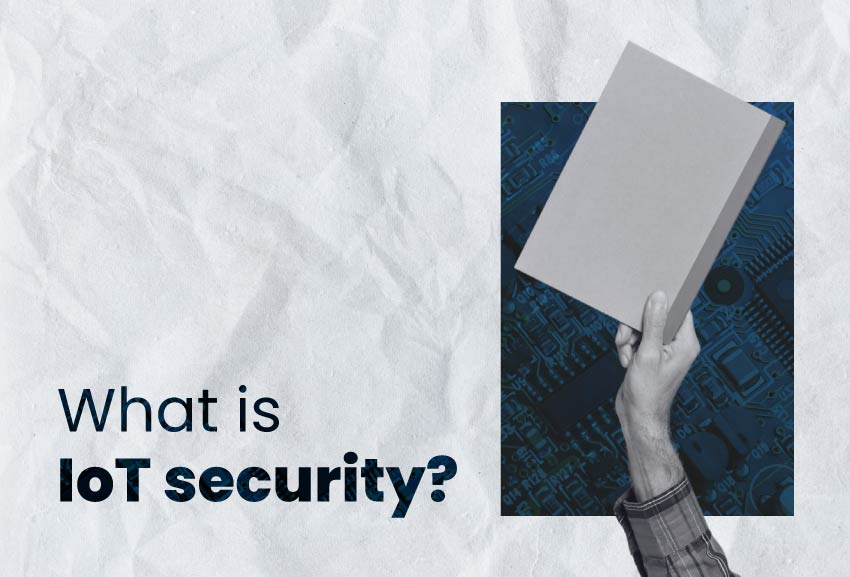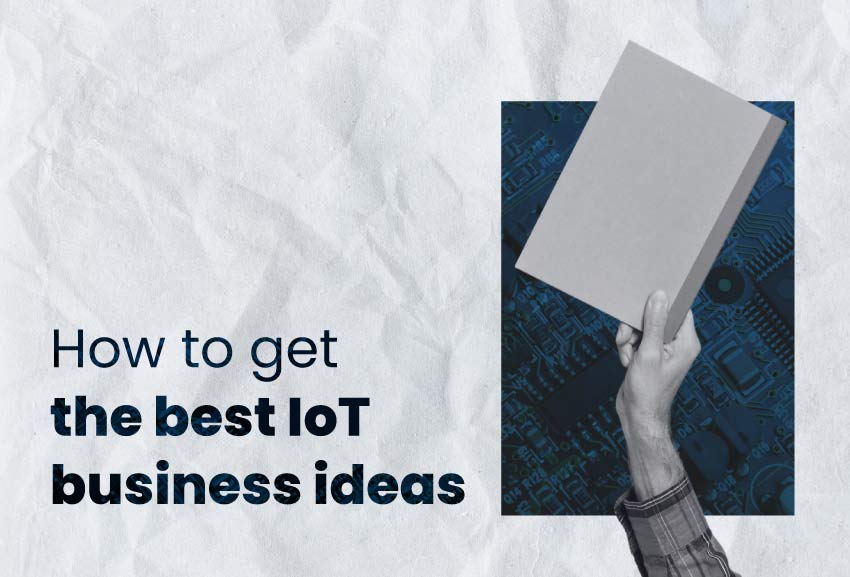What is Internet of Things privacy?
Internet of Things privacy refers to the protection of personal information and data collected and stored by connected devices in any IoT ecosystem, that is, sensors, cloud platforms, apps, or software. With the increasing number of connected devices worldwide, and the amount of data being generated by these products, the issue of IoT privacy has become an important concern for consumers, businesses, and governments.
IoT is important for people, and almost everyone is using these devices. However, there are several issues around privacy, such as data collection, storage, sharing, security, and retention. IoT devices collect vast amounts of data about people, including their personal information, location, behavior, and purchase preferences, which can be used for a variety of purposes, both good and bad. This data can be vulnerable to theft, loss, or unauthorized access, and can be used for malicious purposes, such as identity theft, fraud, or cyber attacks.
IoT data privacy issues:
As the number of connected devices continues to grow, there is a higher risk of sharing personal information that would fall into the wrong hands, increasing the IoT vulnerability. Here are some of the most common Internet of Things data privacy concerns:
Data Collection:
If you arrive at your house at specific times of the day, and you have all automated at home to activate at that time, all systems collect all data related to your personal activity. This data collection is useful for you as a user, but what would happen if another person could see everything you do at home? How would that person use that information?
Data Storage:
Cloud platforms could be exposed to cyber attacks, and you know they are in charge of storing tons of data. So, it is important to count on reliable platforms that have a high security level, and protect your personal data from being stolen.
Data Sharing:
IoT devices often share data with third-party companies, such as advertisers, which can use this data for targeted advertising or other purposes. This can result in the unauthorized sharing of personal data and the loss of privacy.
Device Vulnerabilities:
IoT devices often have security vulnerabilities, such as outdated software, weak passwords, and unsecured connections, which can make them easy targets for cyber attacks. This can result in the theft or loss of personal data, as well as the compromise of other connected devices. In this case, it is necessary to count on an experienced firmware development company that can provide you with the necessary measures to protect your IoT devices.
Data Retention:
IoT devices collect data, a part of this is transferred to a cloud platform, and another stays in the device (What is IoT edge?). Users must be able to know what information is being kept in the IoT devices, and for how long, and also, who is keeping the rest of the data. This way they can better monitor the information they are sharing and make the necessary requests when needed.
More IoT definitions you may want to check
Smart home
IoT sensors
IoT medical devices
IoT architecture
Smart city
What is an IoT gateway?
IoT hardware explained
What is an IoT cloud?
IoT for industry 4.0
IoT and cloud computing





